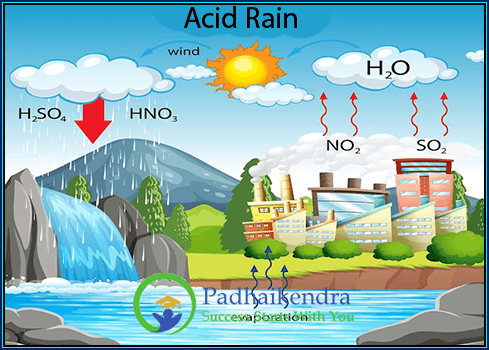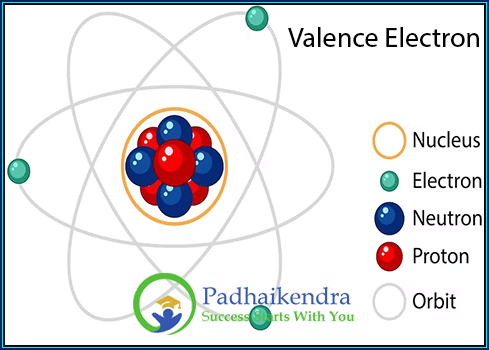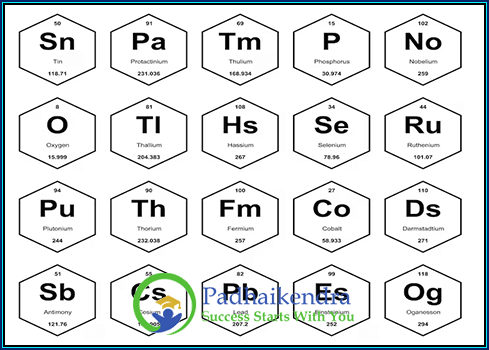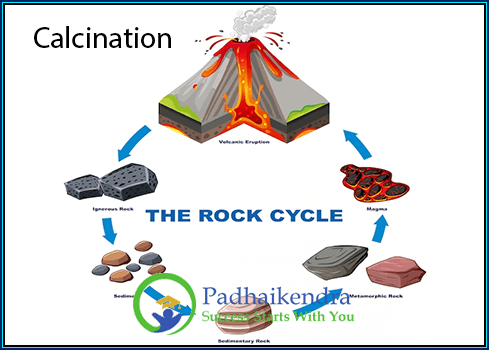Soaps and detergents are both cleaning agents, but they have some key differences in their chemical composition and properties.
Soaps are made from natural ingredients, such as fats or oils, that are saponified with a strong alkali, such as sodium hydroxide or potassium hydroxide. The resulting soap molecules have a hydrophobic (water-fearing) tail and a hydrophilic (water-loving) head. The hydrophobic tails are attracted to oils and dirt, while the hydrophilic heads are attracted to water. When soaps are mixed with water, they form micelles, which trap dirt and oil and allow them to be washed away. Soaps are effective at removing dirt and oil, but they can leave a residue and can react with hard water to form soap scum.
Detergents, on the other hand, are synthetic compounds that are made from petrochemicals. They are designed to be more effective than soaps at removing dirt and oil, particularly in hard water, which contains high levels of dissolved minerals. Detergents have a similar structure to soaps, with a hydrophobic tail and a hydrophilic head. However, the chemical structure of detergents can be more complex and can be tailored to specific cleaning needs. Detergents are also more versatile than soaps, as they can be formulated for use in a wide range of applications, including laundry detergents, dishwashing detergents, and all-purpose cleaners.
⇒ One of the main differences between soaps and detergents is their response to hard water. Soap molecules react with the calcium and magnesium ions in hard water to form insoluble compounds, which can leave a residue on surfaces and can clog pipes. Detergents, however, are formulated to be effective in hard water, as they contain chelating agents that bind to the calcium and magnesium ions and prevent them from interfering with the cleaning action.
Another difference between soaps and detergents is their biodegradability. Soaps are generally biodegradable and can break down easily in the environment. Detergents, however, can be more persistent and can be harmful to the environment if they are not properly disposed of.
While both soaps and detergents are effective cleaning agents, detergents have some advantages over soaps in terms of their effectiveness in hard water and their versatility. However, soaps may be a better choice for those who are looking for a more natural and environmentally-friendly cleaning option.





